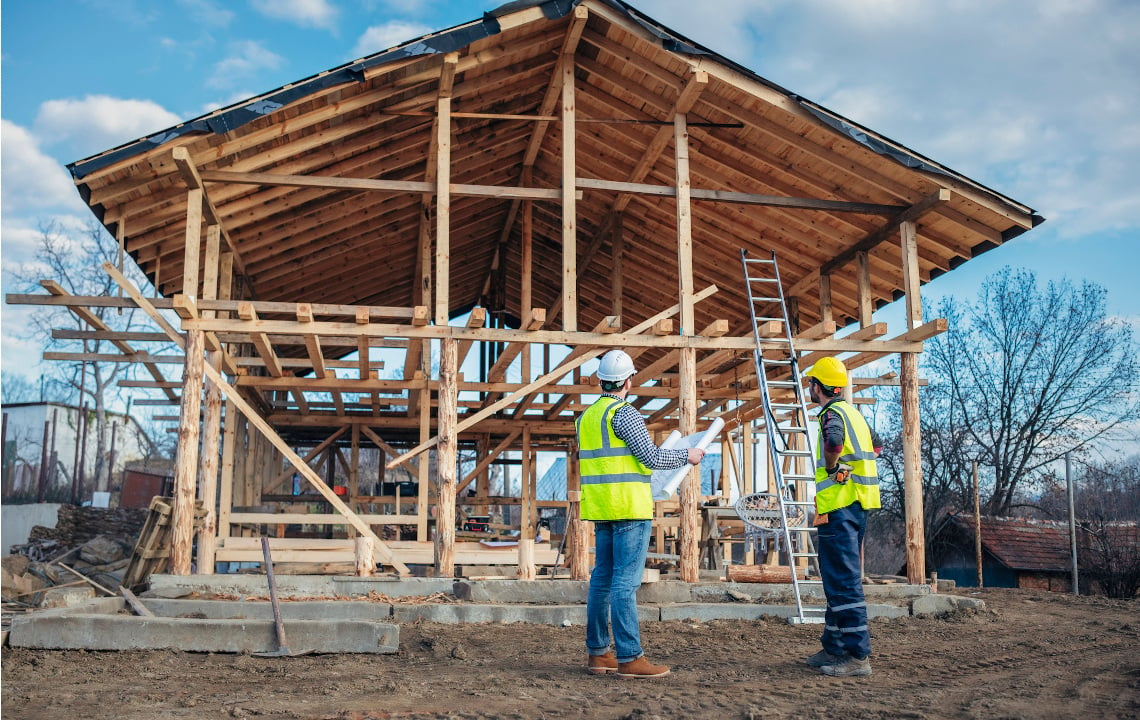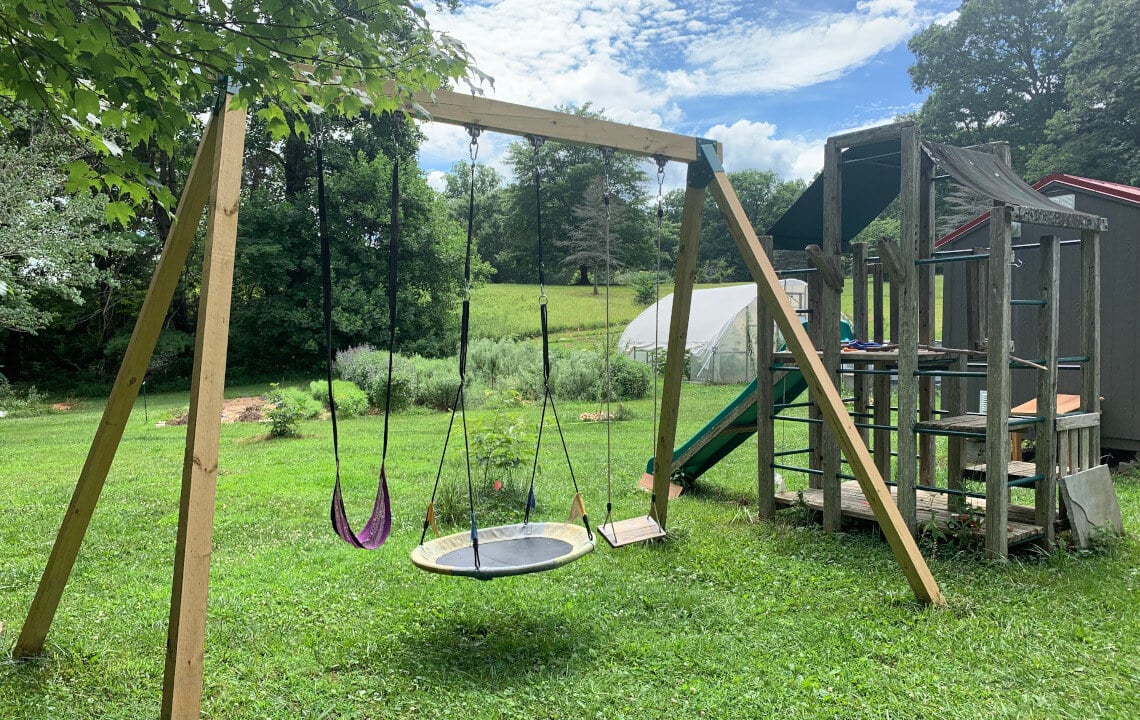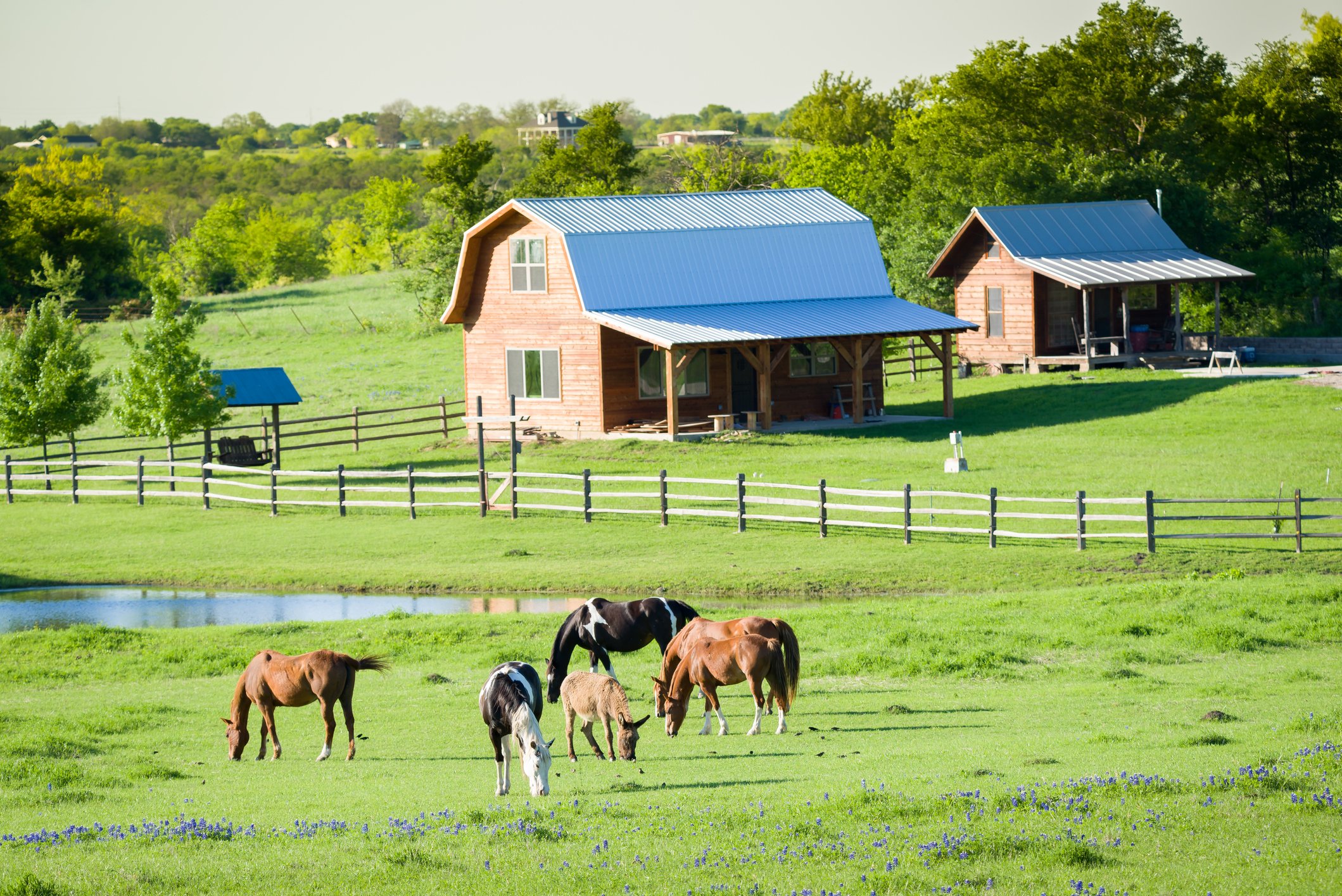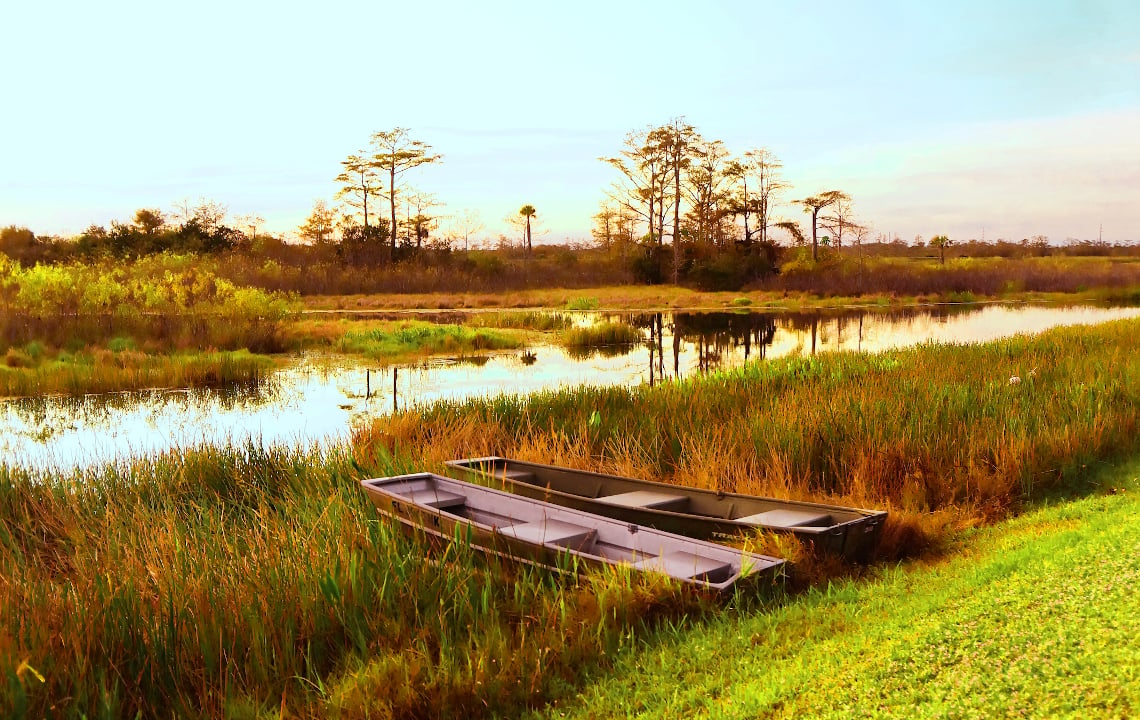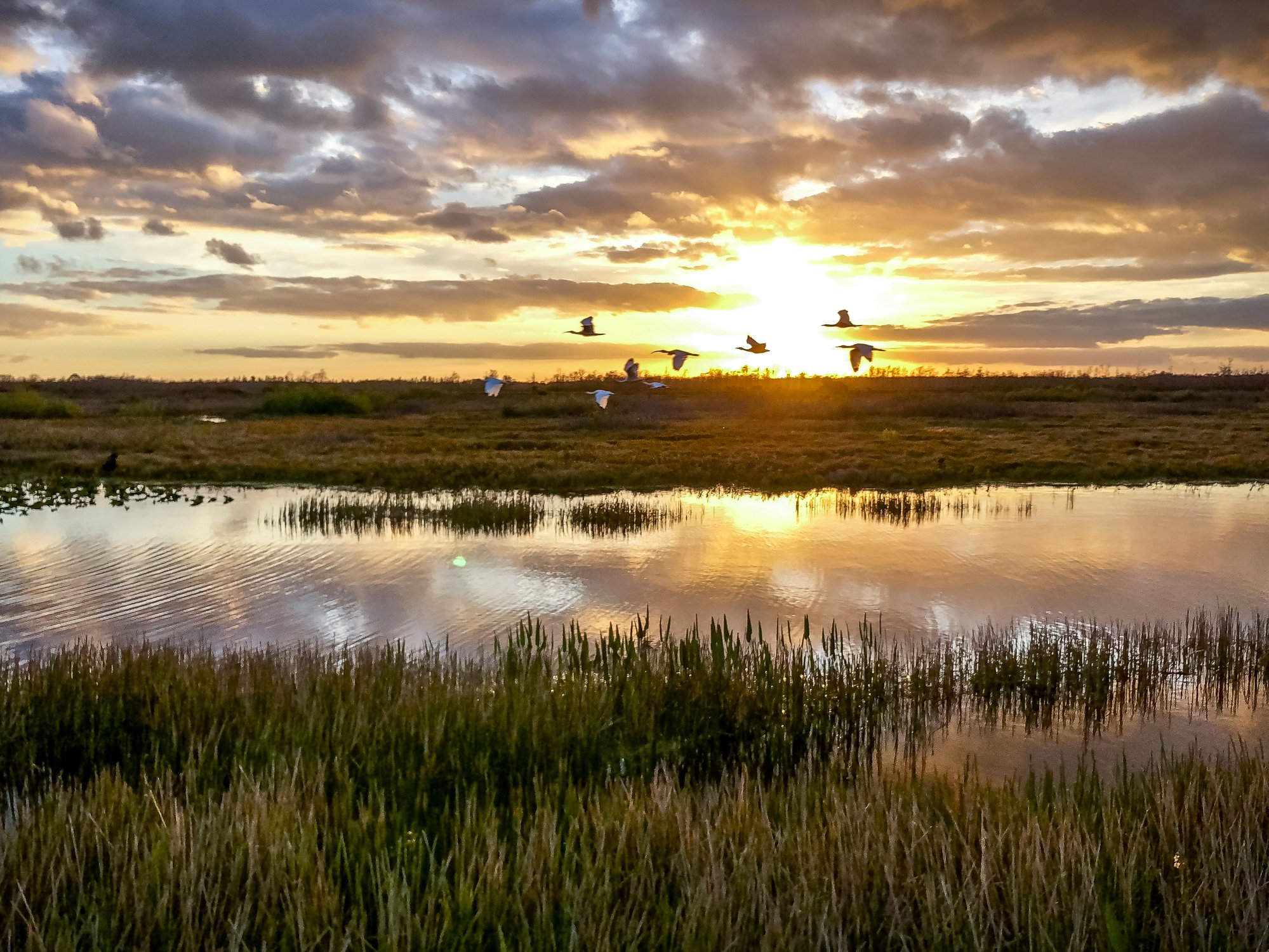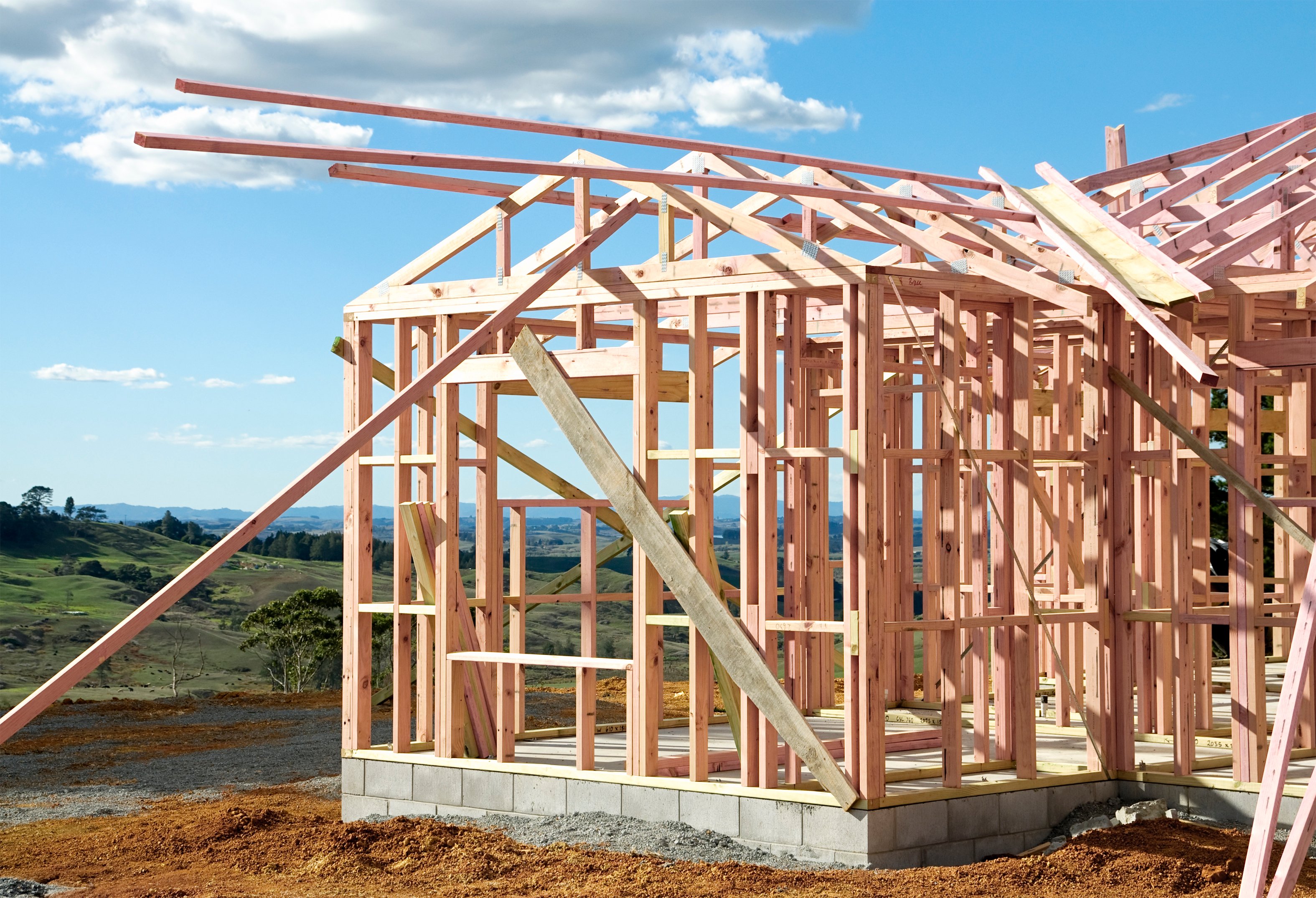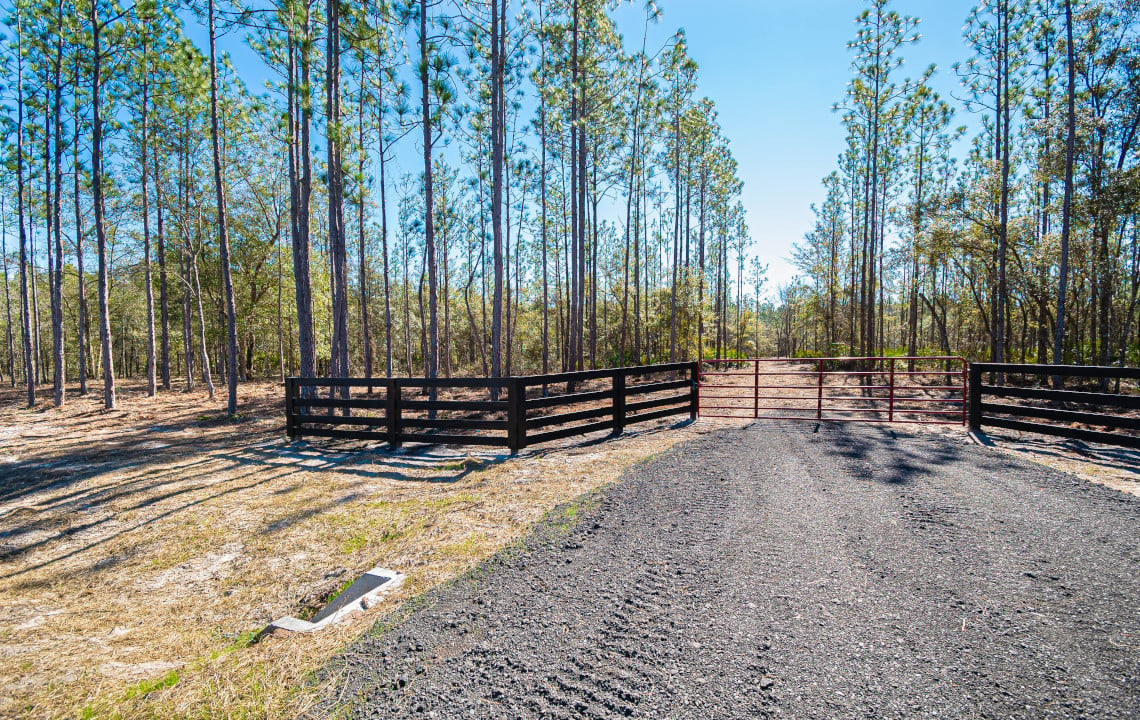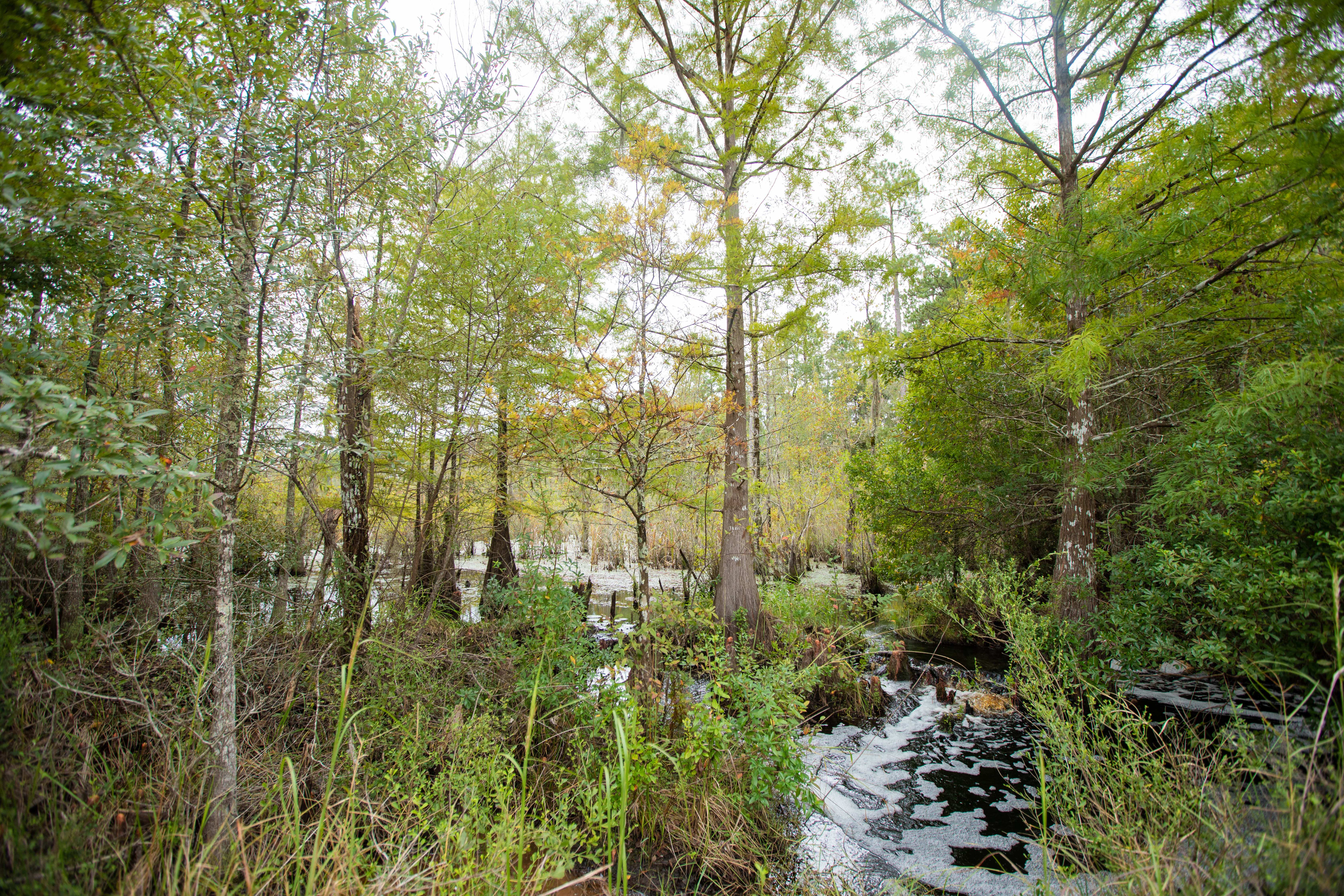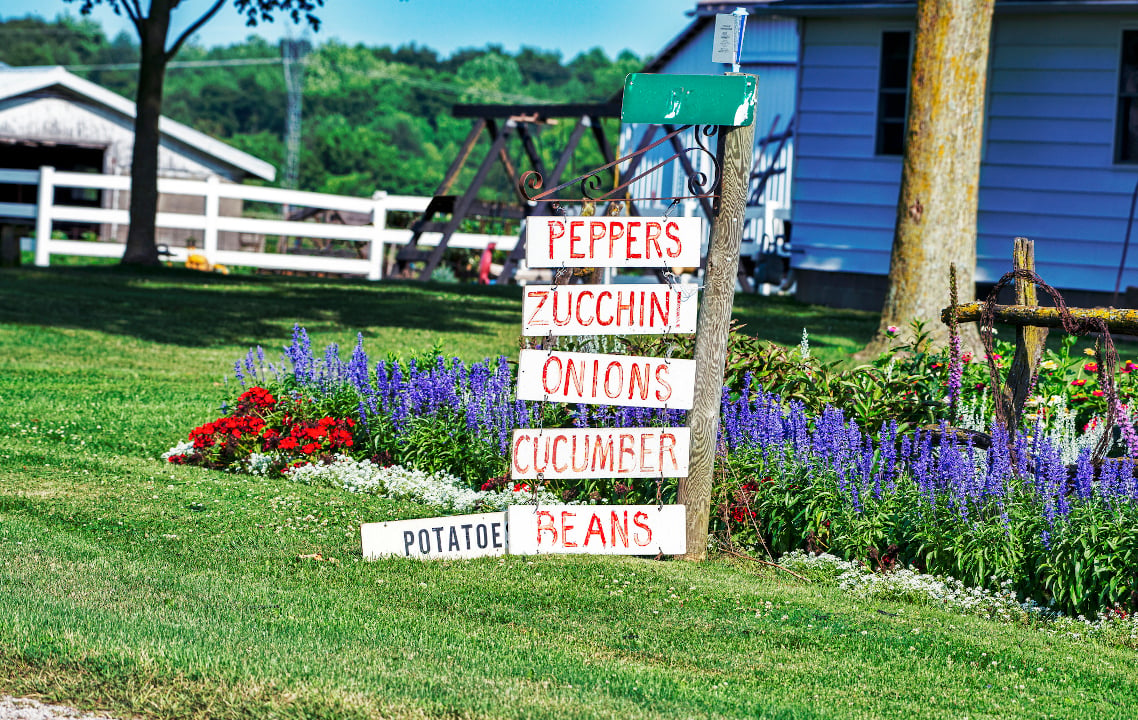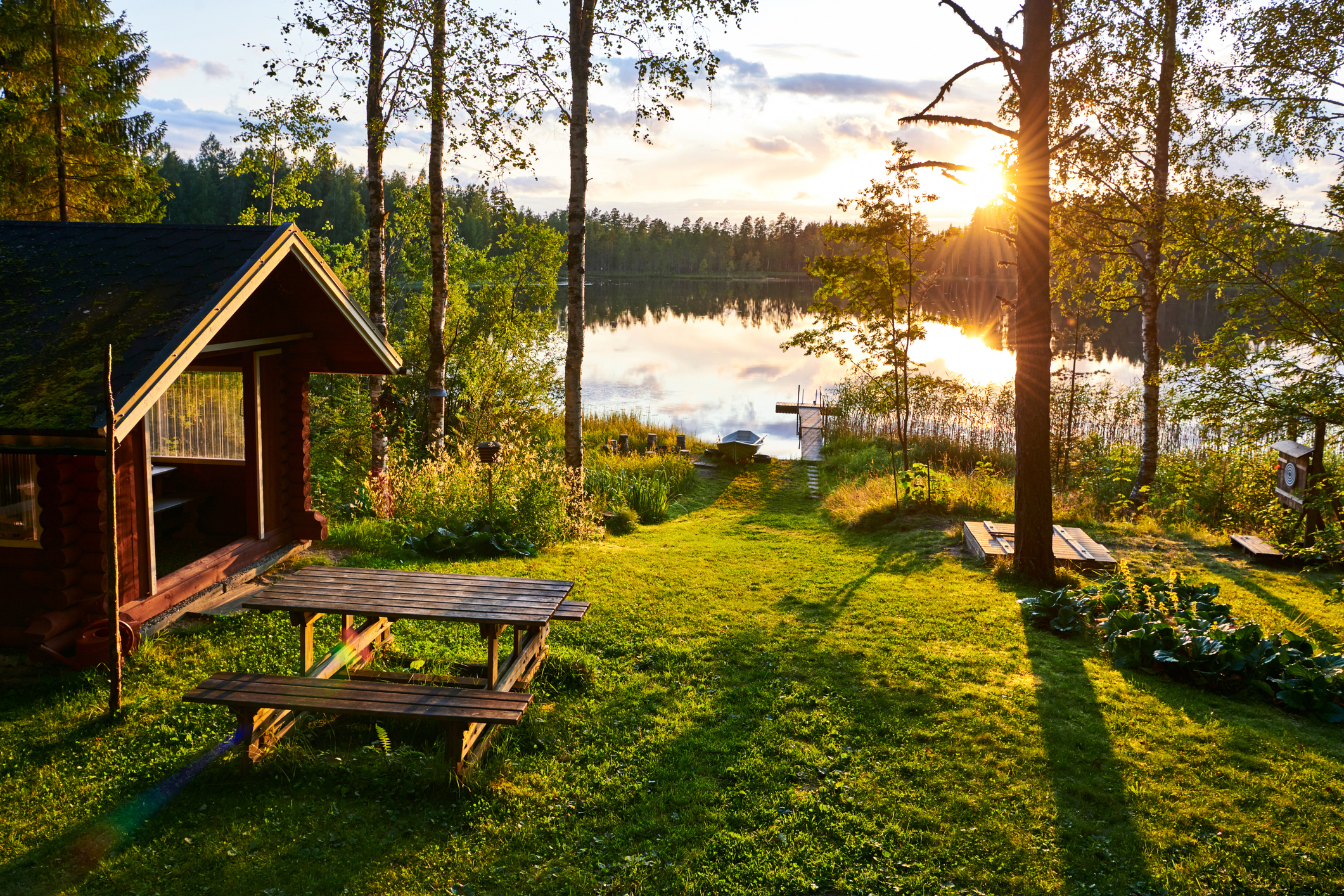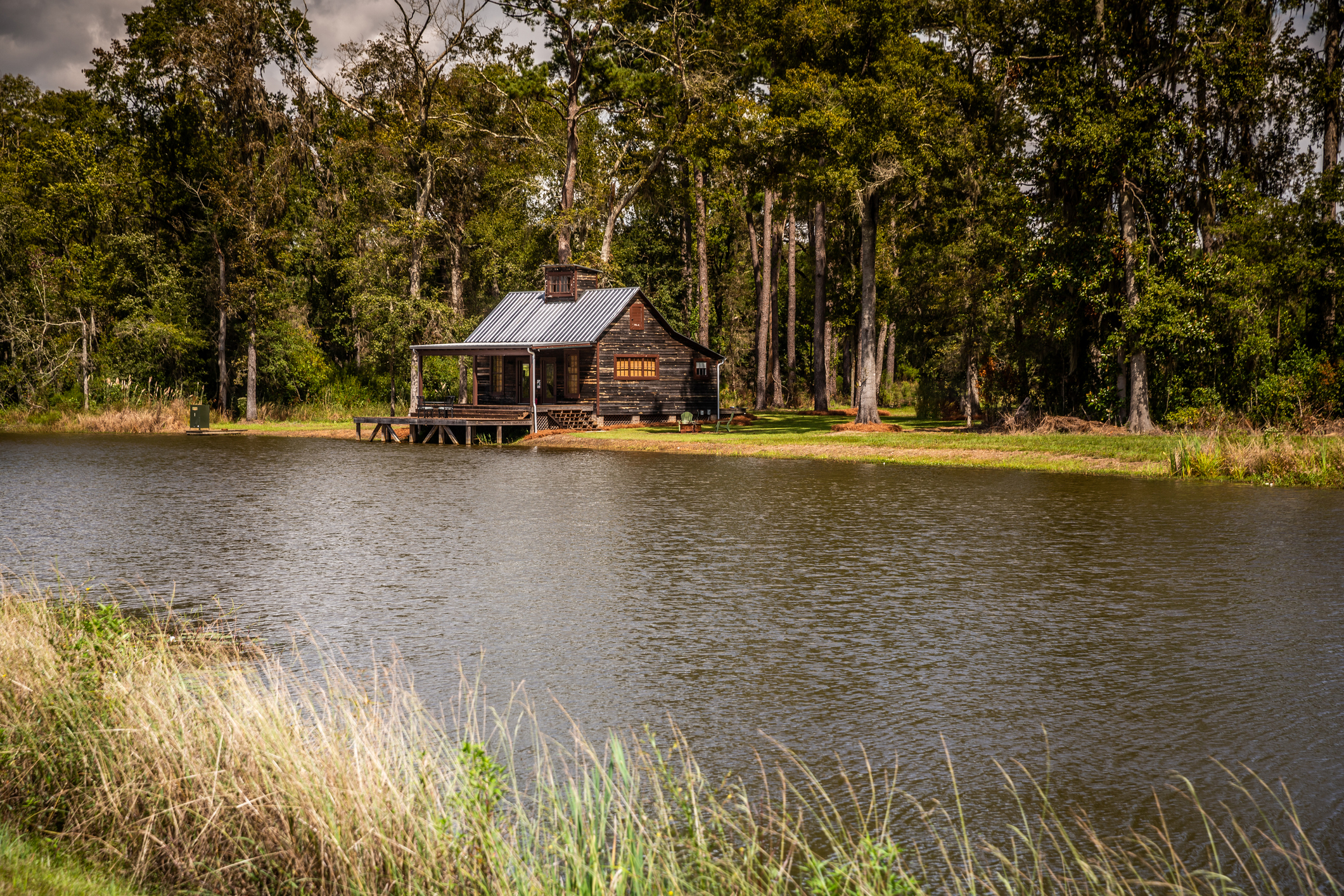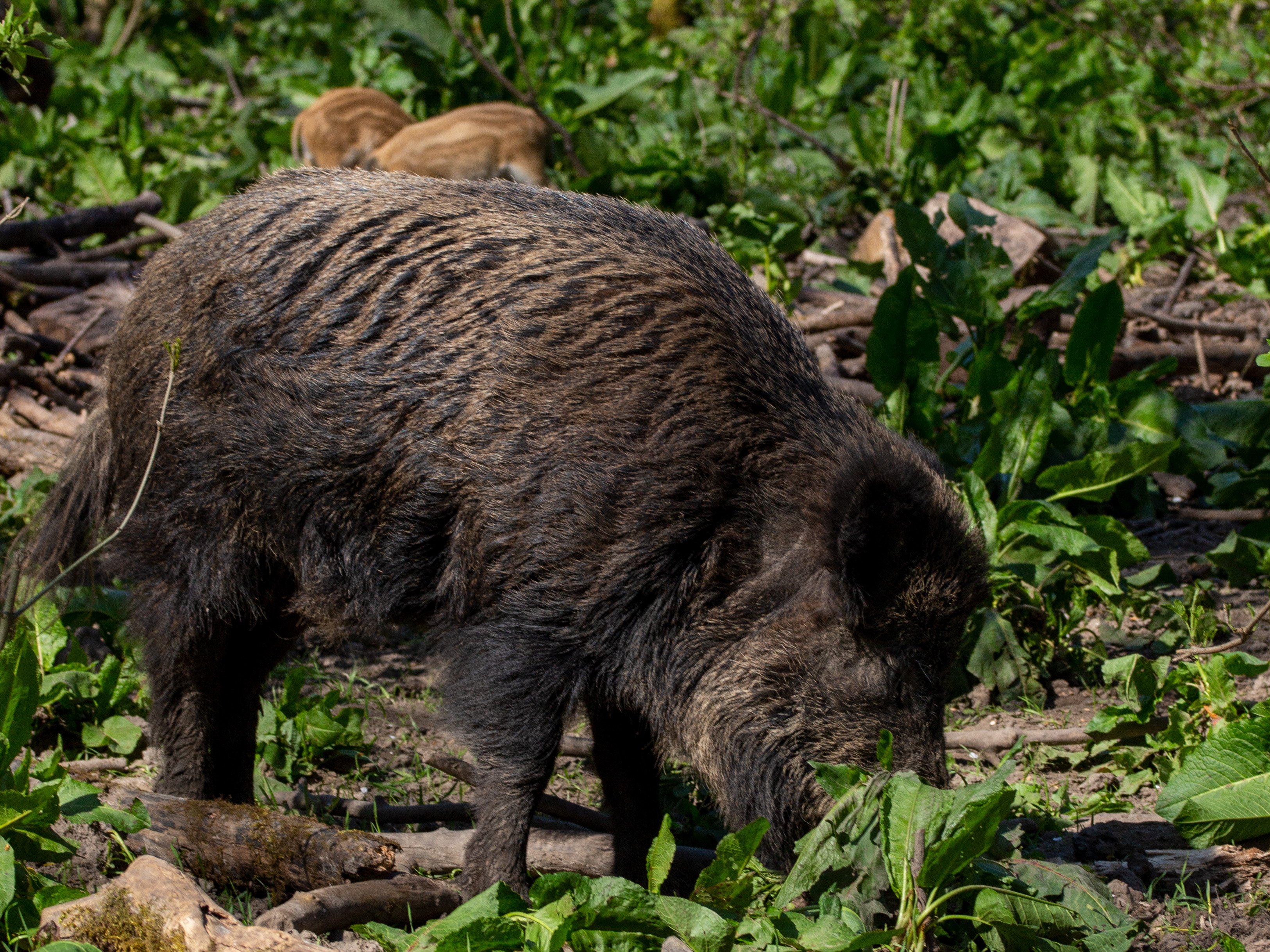Thinking of buying rural land? A real estate agent offers tips to help make the best possible decision in selecting property that will meet your needs.
Purchasing property should be an enjoyable process, but it’s also one that requires the land buyer to fully evaluate the property to assure that it meets all of his or her requirements.
RE/MAX Results real estate agent Marvin Ward of Greenville, SC, offers tips on ensuring you’ve done your due diligence before you buy land.
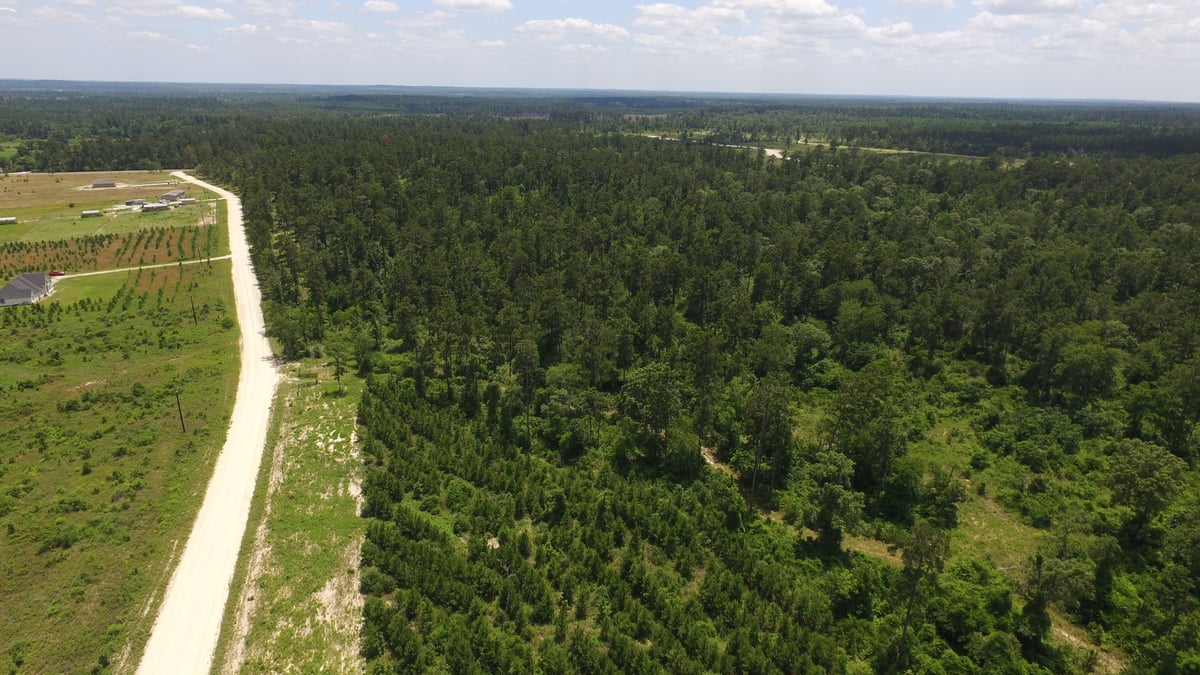
7 Tips for Evaluating Property Before Buying Rural Land
To truly get to know the neighborhood where the land you’re interested in is located, here are several other tips Ward offered:
1. Drive extensively around the roads bordering a property.
Don’t simply enter the area from the same direction every time, but familiarize yourself with the entire area.
2. Visit the area at different times.
Take a look at the property during different times of day and different days of the week to avoid any negative surprises that occur at particular times of the day or week.
3. Check the maps.
Using Google Earth, you can view property from above and scroll around the entire area to see things that are not visible by merely riding the roads. Also, you can zoom in for a close look at the potential purchase to be sure there are not obvious problems with erosion or nearby negative physical attributes. Many of these may not be readily visible from a casual stroll around the property, but with Google Earth, you can scan the area in detail. Be aware that the photos on Google Earth may not be up to date and you may need to physically visit any area in question to see if it is still in the same condition.
4. Use drones for a bird’s eye view.
Select a reputable real estate agent with experience selling land and ask for drone videos of the property. Some real estate companies offer this to potential buyers to help them evaluate a property being considered for purchase. Compare drone videos to the Google Earth photos for a second and possibly more recent view of any potential assets or problems.
5. Visit nearby neighbors.
Ask nearby neighbors a few questions about the property. If they have been in the area for a while, they may have extensive knowledge about the attributes (good and bad) of the property. Ward said in his experience, he has found the information level to be very good and helpful to potential buyers. Questions could include future plans that the neighbors have that might have an effect on the property you are considering for purchase.
6. Check the zoning.
One fact to be considered is whether any special zoning regulations are in effect for the property. Check with the county zoning commission before finalizing any purchase agreement. Often specific zoning may not be in effect, but it is a consideration and may vary from state to state.
7. Location, location.
The distance to schools, churches, grocery stores and other conveniences may be important factors for evaluation. Learn more about finding the right distance for your needs in our article, How Far From Civilization Should You Buy Land?
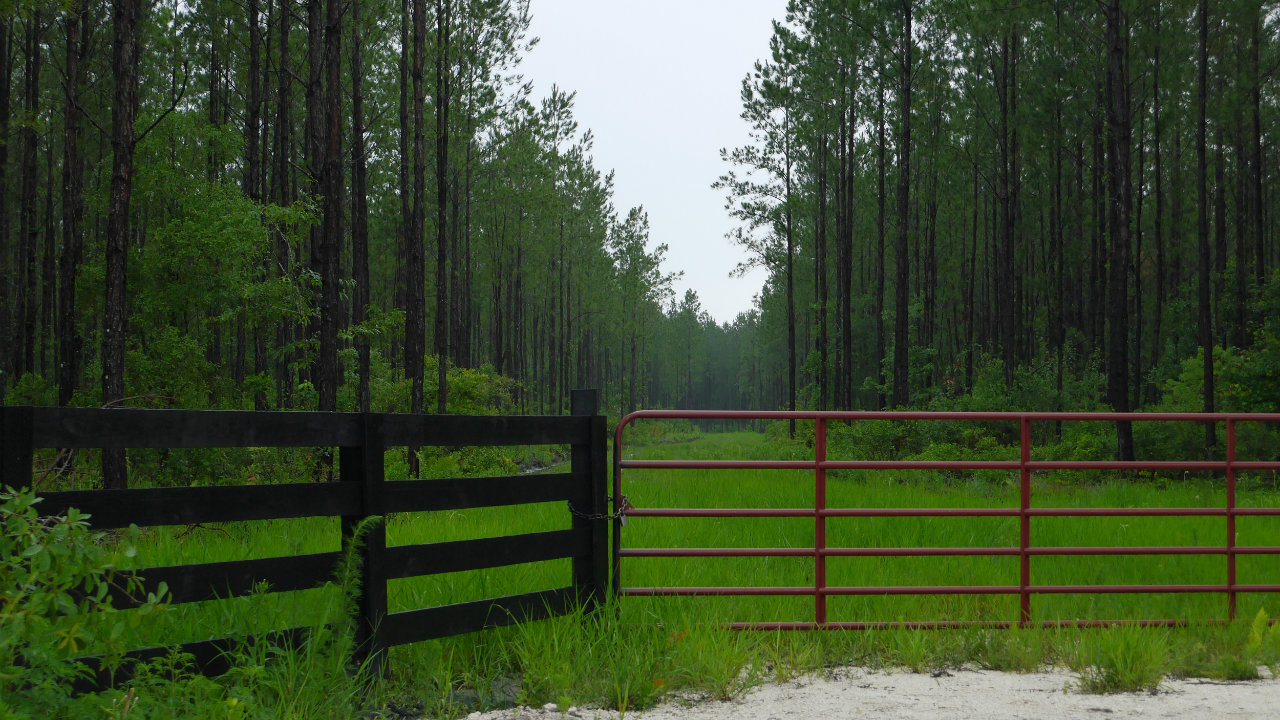
Checklist for Purchasing Rural Property
Ward listed a number of other factors that might be important to rural property purchasers. Some of these are:
- Having an accurate survey of your property
- Hiring qualified counsel for researching any title issues (liens, judgments, roll-back taxes, etc.).
Tip: In some instances, including the Rural Places program offered by Rethink:Rural’s parent company, Raydient Places + Properties, the title and survey work is done for you before the property is put on the market. - The availability of utilities such as power and water
- Purchasing title insurance
- Verifying there’s no soil contamination and researching area geology to avoid surprises of unsuitable soil conditions, rock strata, etc. You can learn more about the importance of soil quality here.
- Using a qualified real estate agent with land experience to be sure that the land is fairly priced so that you do not overpay for the property. For more information about that, read our article, Why Hire a Land Agent Rather Than a Residential Realtor?
Purchasing property is a serious undertaking and one not to be taken lightly. The last thing that you would want would be to discover after the purchase that you were adjacent to an expressway, under a heavily trafficked flight path of a nearby airport, or that the property was intersected by high voltage towers that would be a visually negative factor, not to mention that the right of way restrictions might determine the suitability of the property for your desired end use.
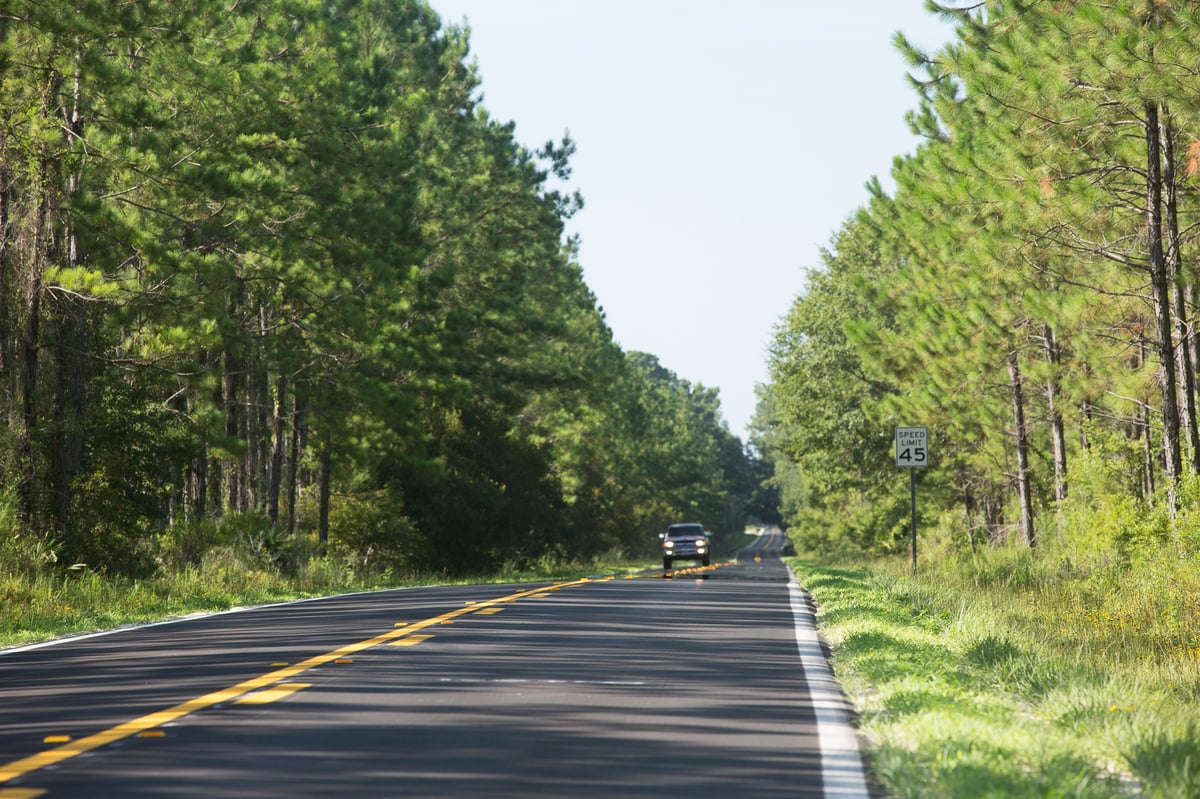
Consider Your Long Term Plans
Concerning suitability of the property, it is wise to keep in mind your long-range plans for use. If you are planning to have a horse farm, will the property require transforming a forested property into farmland? That could involve a lengthy process to cut, clear debris, fence, seed pastures, provide a water resource and more.
Other considerations would include suitability of a desirable home site. If an existing home is on the property, does it meet your expectations, or would a costly renovation be needed?
Making a major property purchase is unlike many smaller purchases in our lifetime. It should be approached with caution and adequate research. One might live with a lesser purchase that does not meet expectations, but a land investment of this magnitude is one that should only be made after all possibilities have been evaluated.
Tip: One helpful tool to ensure you do your due diligence during a property visit is our printable one-page checklist, Questions to Ask When Buying Land.
The old maxim of “buyer beware” is based on the principle of being sure of the condition and suitability of anything that you are planning to purchase. By considering the factors above, it should be helpful in guiding you past some of the obvious pitfalls that could turn your dream purchase into an unhappy situation. Dealing with a reputable company such as our parent company, Raydient Places + Properties, will give you a great start.



.jpg)

